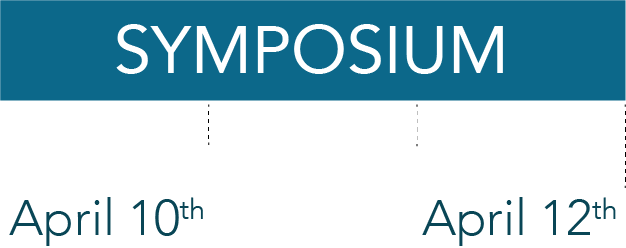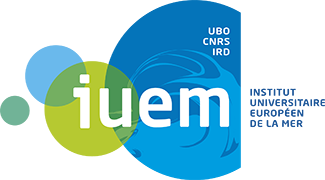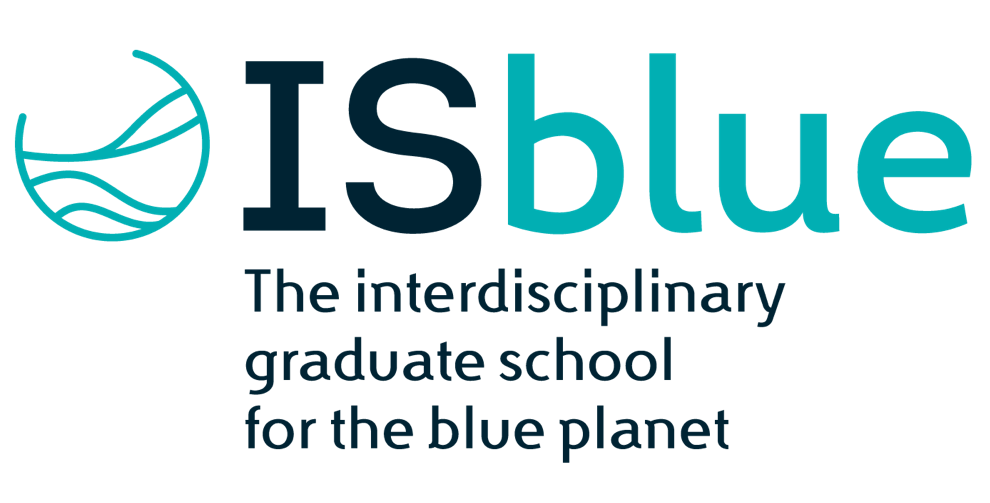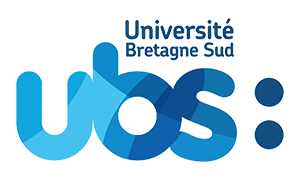
|
|
|
|
DEB Theory : 40 years of research for metabolic organization Dynamic Energy Budget (DEB) theory aims at unifying commonalities of metabolic organization between organisms (animals, plants, bacteria…). This theory is based on a restricted number of assumptions, written out as mathematical formulas that allows quantifying growth, development, reproduction of an organism all along its life cycle as a function of available food and temperature. It also enables modelling the effects of stressors such as contaminants, pathogens, oxygen, pH... In the actual context of biodiversity erosion, comparison of species functional traits is not the only applications of DEB theory. Prediction of the effects of global change, better understanding the geographical patterns of species, the effects of environmental stressors, optimization of bio-production, management of exploited resources, invasive species control are also examples of applications for which better understanding the metabolism of species and how it is controlled by the environment is key and for which DEB theory allowed knock down scientific some barriers with more than 820 publications. DEB 2019 is the sixth edition of a series of tele-courses, schools and symposia which take place every two years (see here the past conferences). The 2019 edition will be the 40th birthday of DEB theory and the 10th birthday of DEB symposiums.
FormatDEB 2019 is a three-part international event: PART 1: 5-week international tele-course - general theoretical part (Jan 24 - Feb 28 2019) PART 2a: 6-day thematic school - practical training part (Apr 1 - Apr 6 2019) PART 2b: 2-day Workshop - expert practical part (Apr 8 - Apr 9 2019) PART 3: 3-day International DEB Symposium (Apr 10 - Apr 12 2019)
Where?The tele-course : mainly your own working place, and we encourage participants to form local study groups. We recommend that the groups meet once a week, although individual participation is also possible. The various meeting places will be interactively determined at the start of the course. Individuals who registered separately will be assigned to a group in the same time-zone and asked to interact with the group during the meetings in either Google hang outs or Skype. The school, worshop and symposium will be organised at Brest, at the European Institut of Research on the Sea (IUEM), a research campus on the boundary of Brest along the coast of the Iroise sea.
For whom?The course is for graduate students and scientists, but advanced undergraduates are also welcome. Several professors participated in the development of earlier courses, and their valuable input contributed to the level of the current course. Participants should have a background in biology, mathematics, engineering, chemistry or physics with an interest in the logic behind the quantitative aspects of the metabolic organization of living systems. Participants of previous courses wrote a number of special issues on DEB theory and its applications. Some were involved in organising the previous symposiums in Brest, Lisbon, Texel, Marseille and Tromso. You can actually meet them and learn from their experience. The 2005-participants created the Research Group AQUADEB on applications of DEB theory to aquatic organisms.Moreover, 2015-participants created the 3-year research project FREE "FRamework for integrating Eco-physiological and Ecotoxicological data into ecosystem-based management tools", which stimulated the growth of AmP and an increase in automatization and robustness of DEB parameter estimation.This nicely illustrates possible after-course activities.
You will find the list of keynote speakers invited to the symposium. |
News Welcome to the DEB2019 website> Extended deadline for SI in ECOMOD > Book of abstract is available > Symposium progam is available > School schedule is available > New deadline for early bird registration: 8th March ! > Feb. 15; applications to the school are closed > DEB school & workshop program now available > DEB school application is open > debX tele-course registration is open > Abstract submissions are closed > 4 keynote speakers are on board Contact |
















